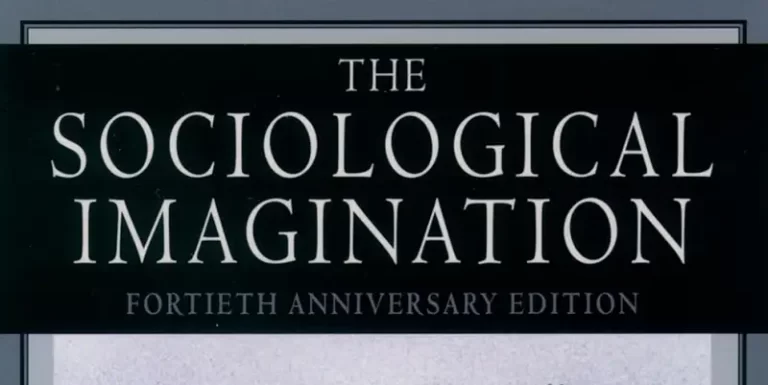Table of Contents
- Repressive Hypothesis
- Scientia Sexualis vs. Ars Erotica
- Biopower and the Regulation of Populations
- The Deployment of Sexuality
- Conclusion: Sexuality and Power
Michel Foucault’s seminal work, “The History of Sexuality,” is a multi-volume analysis that deconstructs the historical development of human sexuality and the power structures intertwined with it. Foucault, a French philosopher and social theorist, is renowned for his explorations of power, knowledge, and discourse. In “The History of Sexuality,” he challenges conventional understandings of sexuality, arguing that it is not a natural given but a complex social construct shaped by power dynamics. This summary will focus on the main arguments presented in the first volume, “An Introduction,” also known as “The Will to Knowledge.”
Repressive Hypothesis
Foucault begins by critiquing what he terms the “repressive hypothesis,” a widely accepted view that posits the history of sexuality as a history of repression. According to this hypothesis, the rise of bourgeois society in the 17th century brought about an era of sexual repression, where open discourse on sex was increasingly silenced, leading to the control and regulation of sexual behaviors by institutions such as the church, family, and state.
Foucault challenges this hypothesis by suggesting that rather than being repressed, sexuality was subjected to a proliferation of discourses. He argues that beginning in the 18th century, there was an explosion of interest in sex, manifesting in a myriad of discourses surrounding it. These discourses did not simply suppress sexuality but actively constructed it, making sexuality a central subject of knowledge and power.
Scientia Sexualis vs. Ars Erotica
One of Foucault’s significant contributions in this volume is the distinction between “ars erotica” and “scientia sexualis.” In “ars erotica,” found in many ancient societies, the truth about sex was derived from the pleasure it produced and was transmitted through secret knowledge from master to disciple. In contrast, “scientia sexualis,” which Foucault associates with Western societies, seeks to produce truth through a scientific and confessional approach.
In the Western world, sex became a subject of scrutiny and analysis, particularly through confessional practices that demanded individuals to speak about their sexual desires, thoughts, and behaviors. This shift laid the groundwork for modern scientific discourses on sex, including psychiatry, psychology, and medicine. Thus, rather than suppressing sexuality, the West generated a complex body of knowledge around it, leading to what Foucault calls the “perverse implantation,” where various sexual identities and behaviors were categorized and regulated.
Biopower and the Regulation of Populations
Get the full article AD FREE. Join now for full access to all premium articles.
View Plans & Subscribe Already a member? Log in.





